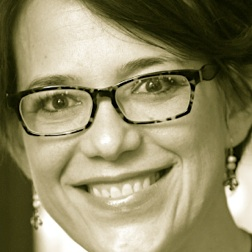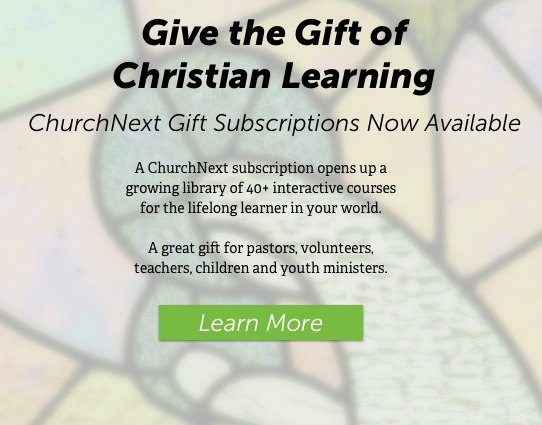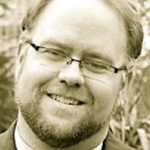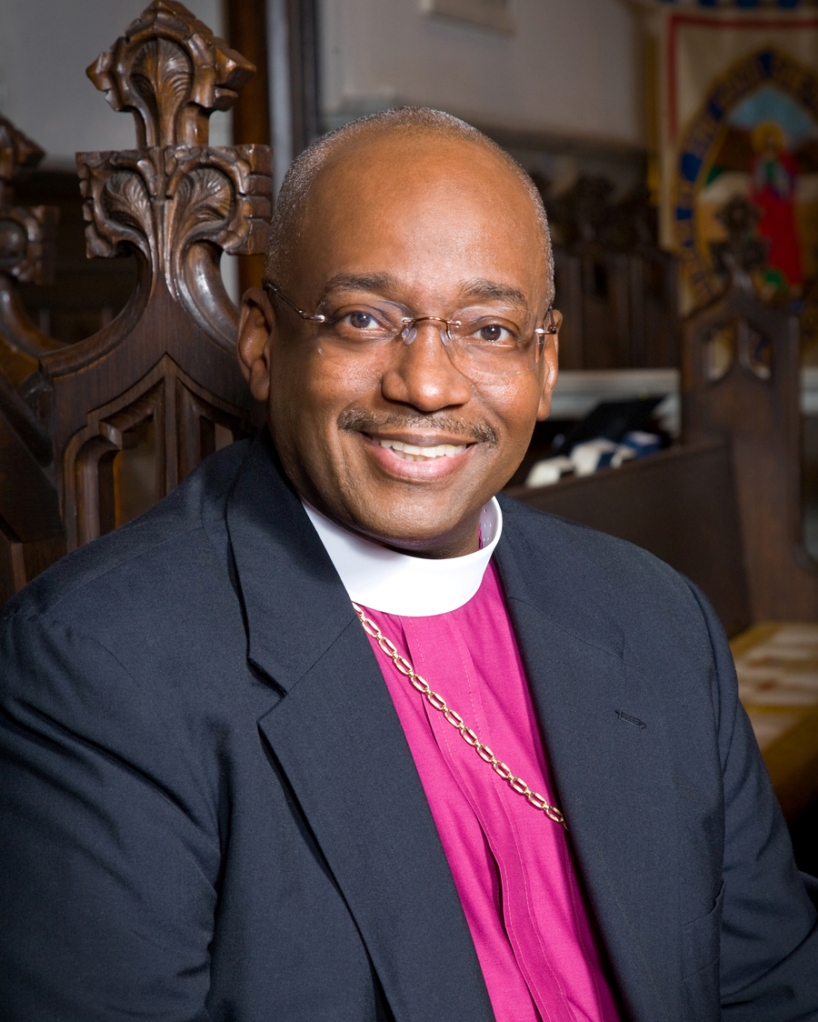 “Digital learning is the most important innovation in education since the printing press.” – Rafael Rief, President, MIT
“Digital learning is the most important innovation in education since the printing press.” – Rafael Rief, President, MIT
Educators everywhere know, or suspect, that a tsunami of change is underway in the ways teachers teach and students learn. This is something churches, which are historic bastions of learning, need to better understand and evaluate as we move further into our missions of shaping followers of Christ. This is not some new fad that we should file away and visit later. This is an important development that, when thoroughly evaluated and considered, should be having an affect on what we are doing right now to form disciples.
We are currently seeing two major shifts in this area, says Jose Ferria, CEO of Knewton, an internet education company. The first is the shift to digital materials for use in blended learning environments to augment or even replace written textbooks. Yes, textbooks may soon be obsolete. This school district in Raleigh, West Virginia, joined an increasing number of others and began phasing out all its textbooks. Instead, students use iPads. Within five years, there will be no textbooks in that district – at all – everything will be digital.
The second shift, is the move toward making a purely online experience a part of every student’s educational experience. There are an increasing number of for-credit courses available purely online. In September Chicago Theological Seminary (UCC) became the first progressive seminary in the U.S. to offer a Masters of Divinity degree totally online. Their slogan, ‘You don’t have to come here to go here.’ The incredible popularity (alongside its guarded effectiveness) of MOOCs – Massive Open Online Courses – attests to this, as does the growing number of free, archived courses at Kahn Academy and other places. The students, not just of tomorrow, but of today, are being formed in a radically new environment.
The reasons are simple, and include more than these four: access to talented instructors, convenience, affordability, and the conclusive research that has found people, in many replicable environments, actually learn more (and better) taking an online class than they do in a face to face environment.
If these developments have your mind spinning, you are not alone. Making sense of how our churches respond is making for a rather elastic environment, filled with innovation and fraught with the ensuing missteps. Not the least of which is what the Mayo Clinic says 60% of American adults suffer from: technophobia, especially older folk, who tend to make up most of our churches. This isn’t a disease that requires medical attention, but it’s an attitude or reaction that produces symptoms of anxiety. Most of us fear one or more of the following when it comes to adapting to new technologies: looking stupid, appearing inadequate, being monitored by Big Brother, losing control, being at the mercy of a machine, relying on something mechanical because it may fail, damaging the machine or the data and losing face-to-face contact. Most of us bumble along using 10-25 percent of the capabilities of a software program, and 75% of us secretly wonder, ‘What is software, anyhow?’
So compounding the rapidly changing educational landscape is our own apprehension toward technology in the first place. Thankfully, there are a lot of people who are doing wonderful things to shed some light upon the path before us. I would commend the work of John Roberto and his lifelongfaith.com enterprise. John’s not only a real pro, but he’s been tracking these trends for years – sign up for his regular email and discover how he is harnessing technology in practical ways to equip faith communities for the work of making disciples. Here are just of few of the growing list of other resources that are that are helpful in for this journey: Faith Formation 4.0 by Julie Lytle, The Social Media Gospel by Meredith Gould, Center for the Ministry of Teaching – Virginia Theological Seminary, Building Faith – Sharon Ely Pearson. The work of Elizabeth Drescher and regular visits to places like techcrunch.com and mashable.com are also helpful. If you have a resource you find particularly helpful, please leave a comment below.
So what’s before us is a vast, new, evolving landscape of seemingly limitless possibility in online education that church leaders need to take seriously. I think it is an invitation and a challenge to dream and envision how this new reality can help us become and shape disciples. And it requires us to put our fears in check, be open to what the Spirit’s next ‘new thing’ might be, and engage in the ongoing conversation with new parters who are developing new ways to tell the old story.
Chris Yaw is the founder of ChurchNext and a lifelong learner.
 What may be the most complex, confusing, and controversial book in the Bible may also have the simplest message. In this insightful overview of the Book of Revelation, Wayne Whitney tells us that it’s all about encouragement and standing firm in tough times – which is a message we need for today. Click here to learn more about, and register for this course.
What may be the most complex, confusing, and controversial book in the Bible may also have the simplest message. In this insightful overview of the Book of Revelation, Wayne Whitney tells us that it’s all about encouragement and standing firm in tough times – which is a message we need for today. Click here to learn more about, and register for this course.

 When my oldest child gets to first grade there are certain competencies he is expected to master. He will need to spell his name, color within the lines, and exhibit a modicum of good manners. When he gets to second grade the ante will go up, and so on, and so on.
When my oldest child gets to first grade there are certain competencies he is expected to master. He will need to spell his name, color within the lines, and exhibit a modicum of good manners. When he gets to second grade the ante will go up, and so on, and so on.




 “Digital learning is the most important innovation in education since the printing press.” – Rafael Rief, President, MIT
“Digital learning is the most important innovation in education since the printing press.” – Rafael Rief, President, MIT